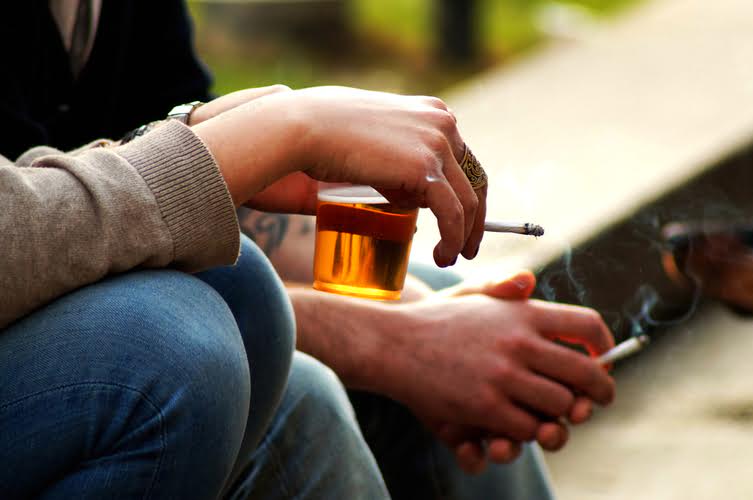This can help manage stress and avoid situations where one might be tempted to relapse. Not everyone in recovery will relapse, but it is often a part of the recovery process3—and that’s okay. Alcoholics Anonymous Relapse prevention can help you address these obstacles and keep you on the right track. In Psychology from the University of Wisconsin-Madison where she was part of a psycho-social research lab. She is the Content Manager and Editor at Recovery.com, creating informational video resources on behavioral health. Contact us today to schedule an initial assessment or to learn more about our services.

Common Causes of Relapse and How to Avoid
- Creating a relapse prevention plan is a vital step in maintaining your progress and avoiding setbacks in your recovery journey.
- Ultimately, even if our sobriety isn’t at risk, these tools will flesh out our recoveries and add color, meaning and emotional grounding to our daily lives.
The aim is to customize the plan to the particular substance and individual needs to reduce the relapse prevention plan risk of relapse. Peer support groups, such as 12-step programs, can offer encouragement and support from others who have gone through recovery. These groups provide an opportunity to share experiences, learn from others, and gain encouragement in the recovery process. Don’t wait to take the next step toward a healthier, substance-free life. Contact Wellness Retreat Recovery today to learn more about our programs and how we can help you achieve your recovery goals.

Understanding Relapse Prevention Plans
It takes time to get over a dependence, deal with withdrawal symptoms, and overcome the urge to use. Start with your list of identified triggers, and move through them one by one. Your plan might involve a list of the people you will call, the actions you will take, and what you will do instead of returning to substance use.

Connection Recovery Coaching
- Relapse is a decline in health after temporary recovery – or in the case of addiction, a return to drug or alcohol use after a period of abstinence.
- Given Florida’s ongoing opioid crisis, relapse prevention strategies include addressing severe withdrawal symptoms and intense cravings.
- Write down specific places, people, or situations that might lead to relapse.
- A relapse prevention plan can be broken down into small, manageable steps.
This knowledge can also aid in creating individualized relapse prevention plans that cater to specific needs. While relapse can be a part of the recovery journey, having a plan in place makes all the difference. Consistently practicing relapse prevention strategies helps individuals build confidence, self-trust, and emotional resilience. A relapse prevention plan is a document designed specifically to help people maintain their sobriety following addiction treatment. It’s something that you’ll develop during treatment, but anyone who wants to avoid falling back into an addictive behaviour.
- Addressing emotional well-being through therapy, mindfulness, or stress management techniques further strengthens the individual’s ability to handle high-risk situations.
- By creating a comprehensive relapse prevention plan and using the tools and strategies we’ve discussed in this article, you are taking major steps toward a healthier, substance-free life.
- Social withdrawal, neglecting recovery routines, or fantasizing about substance use are also red flags.